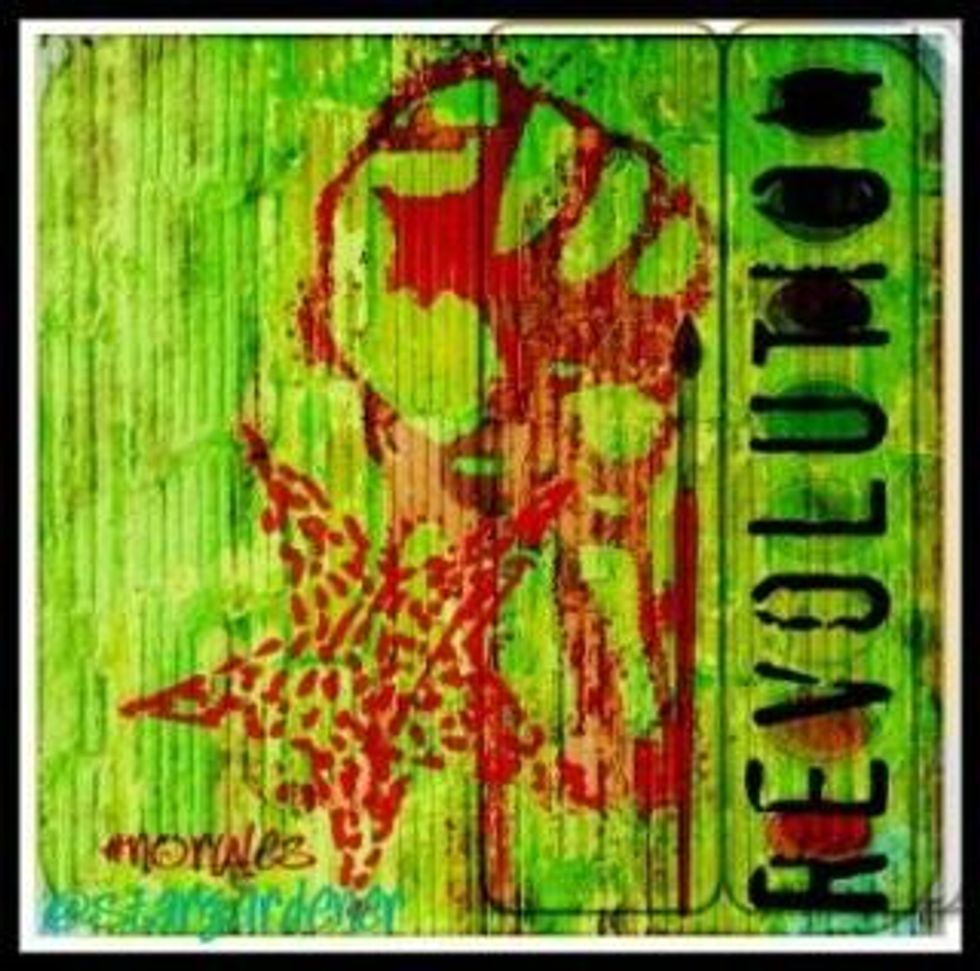"It is not so easy to ask our young scientists to think outside the box when a significant portion of their salary (and mortgage payments) depends on guaranteeing a steady source of funding. Consequently, professors become highly attuned to the institutional priorities of various funding agencies -- often at a cost to their own creativity and desired research directions." -- New York Times, 2/11/09
The 20th century's best-known Western philosopher of science was
Thomas Kuhn (1922-1996). His most famous book,
The Structure of Scientific Revolutions (1962) was conceived when he was a graduate student in theoretical physics at Harvard. The book sold one million copies and was translated into 16 languages. The work influenced scientists, historians, sociologists and philosophers. Kuhn controversially argued that science was not a constant, slowly increasing accumulation of knowledge, but was instead a process that was unpredictably interrupted by sudden intellectual revolutions. In those upheavals, the dominant conceptual framework was replaced by another: for example, Copernicus in astronomy, Einstein in physics, and the Darwinian transformation of biology.
Kuhn contended that the standard scientist was not an objective, open-minded critical thinker but was instead a conservative individual who worked within the constraints of their intellectual and economic framework. Scientists did not innovate but instead perpetuated the paradigm that they were raised within: historically they resisted study that challenged the dominant paradigm. For example, Kuhn noted that when we thought the earth was flat, scientists pursued types of research that confirmed that perception and rejected those who disagreed; for example, the Greek philosopher Aristarchus of Samos, who in the 3rd century BC proposed that the planets revolved around the sun.
While scientists conservatively operated within a certain paradigm, they ignored questions and data that contradicted the dominant intellectual context. Kuhn's term "paradigm" then did not simply denote a theory but also signified a boundary that permitted certain types of scientific inquiry and disabled others. A paradigm then dictated how future scientific research should progress, which problems should be investigated, and what would be an acceptable solution.
Normal science according to Kuhn was essentially technical; that is, focused on problem-solving. It was not really creative in the sense of challenging the model that lay underneath the puzzle. Therefore, for Kuhn, normal science perpetuated the intellectual status quo; it left us trapped within a certain conceptual architecture. A scientific conception could rule for centuries but at a certain point as we started to see more and more contradictions floating in the air -- defying the pull of the dominant epistemological ground -- it became evident that there was a need for an intellectual rebellion. The contradictions put the scientific community into a crisis: confidence in the dominant framework would begin to break down. When these crises occurred, we entered an era of revolutionary science: the most basic scientific ideas were now up for grabs, a variety of alternatives started to appear and Kuhn argued that eventually a revolutionary theorist -- such as a Charles Darwin -- would walk through the door. Intellectual revolutionaries only came about after long periods of stable scientific pursuit and it usually took a generation for the new paradigm to be accepted by the scientific community. Kuhn's narrative struck a chord because it seemed to be a very good explanation of the shift from Ptolemy to Copernicus and from Newton to Einstein.
Kuhn's work of course has tremendous relevance to our contemporary situation: the insightful writer-activist Walden Bello has often cited Kuhn in terms of the search for an alternative economic paradigm. Neoliberalism's contradictions are evident for all to see: neoliberal conservative politicians only get elected when the votes of the centre and the left are divided. The majority of the public no longer believes that the unalloyed free market can solve our economic crises. Yet while neoliberalism is dead, it remains dominant because there is no other mutually agreed-upon paradigm to replace it. Our generation lacks a Copernicus of the economy -- or a team of them -- who can persuasively bring forth the paradigm revolution that the world seeks.
Social activists -- like the global justice movements, like Occupy, like Idle No More -- continue to impressively protest against the depredations of our socioeconomic system but these mobilizations do not catalyze the majority of society because none of them advance a persuasive, innovative economic paradigm. Contrary to some of their critics, it is of course not necessarily the role of the protesters to propose a new academically rigorously theorized economic framework. They are instead performing their core task very well; that is, alerting the public to the failures of the system and thus rousing the population's imagination and desire for new, effective policies. Progressive graduate students, professors and policymakers should find ways of focusing their research, despite institutional constraints, on our generation's most pressing theoretical and policy question: what is a persuasive, sustainable, socially just, employment-producing, economic alternative to the neoliberal economic model?

